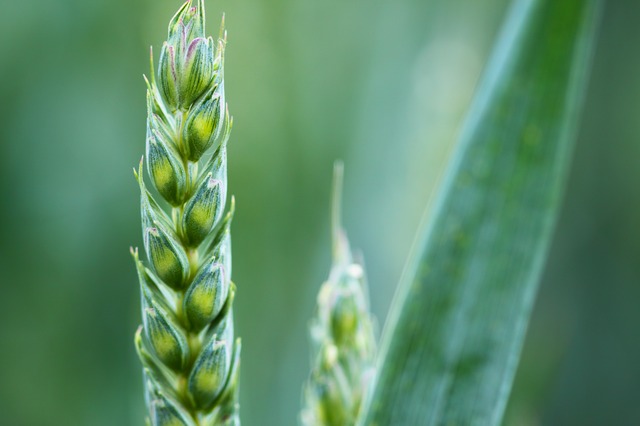Who would have guessed back in January that commodities would be the best-performing asset so far this year, outshining bonds and equities.
The GreenHaven Continuous Commodity Index Fund ETF (GCC), which tracks an equally-weighted index of 17 commodity futures, is up about 12% this year. The S&P 500 has posted a total return of about 2% while the Barclays U.S. Aggregate Bond Index is up roughly 3%.
“Money is flowing back into commodity investments this year as the sector has broken out of lock-step with other asset classes and outperformed them, attracting investors who aim to diversify portfolios,” Reuters reports.
The recent strength in commodities marks quite a comeback for an asset class that has declined the past two years.
The rebound in natural-resource prices has also surprised investors who turned bearish on commodities. As is often the case on Wall Street, the consensus view heading into 2014 turned out to be the wrong one.
Last year, a number of Wall Street strategists and consultants turned bearish on oil, metals and grains amid weak demand for raw materials, which triggered some $50 billion of net redemptions from passive commodity-linked funds in 2013.
Now, money is coming back into the sector as investors look for a hedge against stocks and bonds. Investors are hoping that commodities can diversify their portfolios, or protect against a potentially weaker U.S. dollar.
“After several years of poor performance investors are warming to commodities,” the Financial Times reports. “Helped by the return of volatility, strong returns and declining correlations with other asset classes, money has started to trickle back into the sector.”
Total inflows to passive index tracking and commodity-linked ETFs this year have so far reached just over $6 billion, according to the article. Among the bigger money magnets are agriculture, energy and bullion funds.
Soft commodities have been particularly strong in early 2014, and tensions in Ukraine may explain at least part of the rally.
All that said, analysts at both Goldman Sachs and Citigroup are skeptical the rebound in commodities will be a lasting one. For one thing, the biggest commodity consumer in the world is slowing down.
Chinese gross domestic product is projected to grow 7.3% this year, the weakest rate since 1990, according to the median estimate of 53 economists in a Bloomberg survey. Citigroup Global Markets vice-president Aakash Doshi recently issued a report dismissing this year’s rally in commodity prices. Doshi wrote:
“We continue to believe the commodity super cycle is over. That doesn’t mean there is going to be an absence of seasonality and cyclical turns in the asset market. The first quarter was driven a lot by geopolitical and weather events. Commodities will probably return to their more historical norm of behaving more disparately, but just still on a general downward trend.”
It seems like further outperformance in natural resources would catch at least some Wall Street analysts off guard. The year is less than half over, so it remains to be seen whether 2014 will turn out to be the year of the commodity.
DISCLAIMER: The information in this material is not intended to be personalized financial advice and should not be solely relied on for making financial decisions. All investments involve risk, the amount of which may vary significantly. Past performance is no guarantee of future results.





